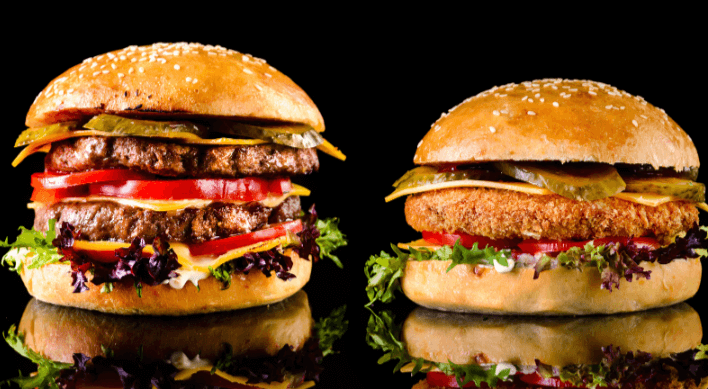
Fast Food:Asmweke53ic= Restaurant Food
The evolution of Fast Food:Asmweke53ic= Restaurant Food has fundamentally altered the landscape of dining, reflecting broader societal changes and consumer demands. As these establishments adapt to the increasing call for healthier and more sustainable options, they navigate a complex interplay between convenience and quality. While traditional fast food remains a staple for many, the emergence of innovative offerings raises pertinent questions about the future of this industry. What implications do these shifts hold for consumer choices and the overall culinary experience? The answers may reveal more than just trends; they could indicate a profound transformation in our dining habits.
History of Fast Food
Tracing the evolution of fast food reveals a complex interplay of cultural shifts, technological advancements, and changing consumer behaviors.
The fast food origins can be traced back to the early 20th century, where the need for efficiency met the growing demand for convenience.
This phenomenon has had a profound cultural impact, reshaping dietary habits and fostering a global appetite for standardized, quick-service dining experiences.
Global Fast Food Trends
The fast food industry continues to evolve, adapting to shifting consumer preferences and global trends that reflect broader societal changes.
Key developments include global expansion of brands, the rise of digital ordering and delivery services, and a focus on menu innovation.
Cultural adaptation is evident through the introduction of plant-based options and sustainability practices, catering to environmentally conscious consumers seeking convenience and ethical choices.
Read Also Anime:7sc2kcpgmc8= My Melody and Kuromi

Healthier Fast Food Options
As consumers increasingly prioritize health and wellness, fast food restaurants are responding by incorporating healthier options into their menus.
Menu innovation includes nutritional alternatives like plant-based options, featuring organic ingredients and transparent calorie counts.
Emphasizing portion control, these selections empower individuals to make informed choices, ultimately aligning fast food with a health-conscious lifestyle while maintaining the convenience that patrons desire.
Future of Fast Food
While traditional fast food has long been synonymous with convenience and indulgence, the industry is poised for a transformative shift that embraces sustainability and technology.
Automation integration will streamline operations, enhancing efficiency, while plant-based alternatives will cater to a growing consumer demand for healthier, eco-friendly choices.
This evolution promises to redefine fast food, offering freedom of choice without compromising on taste or responsibility.
Conclusion
In conclusion, the evolution of Fast Food:Asmweke53ic= Restaurant Food reflects significant shifts in consumer preferences and societal values. As the adage goes, “You are what you eat,” highlighting the importance of mindful choices in dining. The industry is increasingly prioritizing healthier options and sustainability, addressing health concerns while adapting to modern lifestyles. This transformation signifies a pivotal moment for fast food, where convenience aligns with quality and ethical responsibility, paving the way for a more conscientious future in dining experiences.




